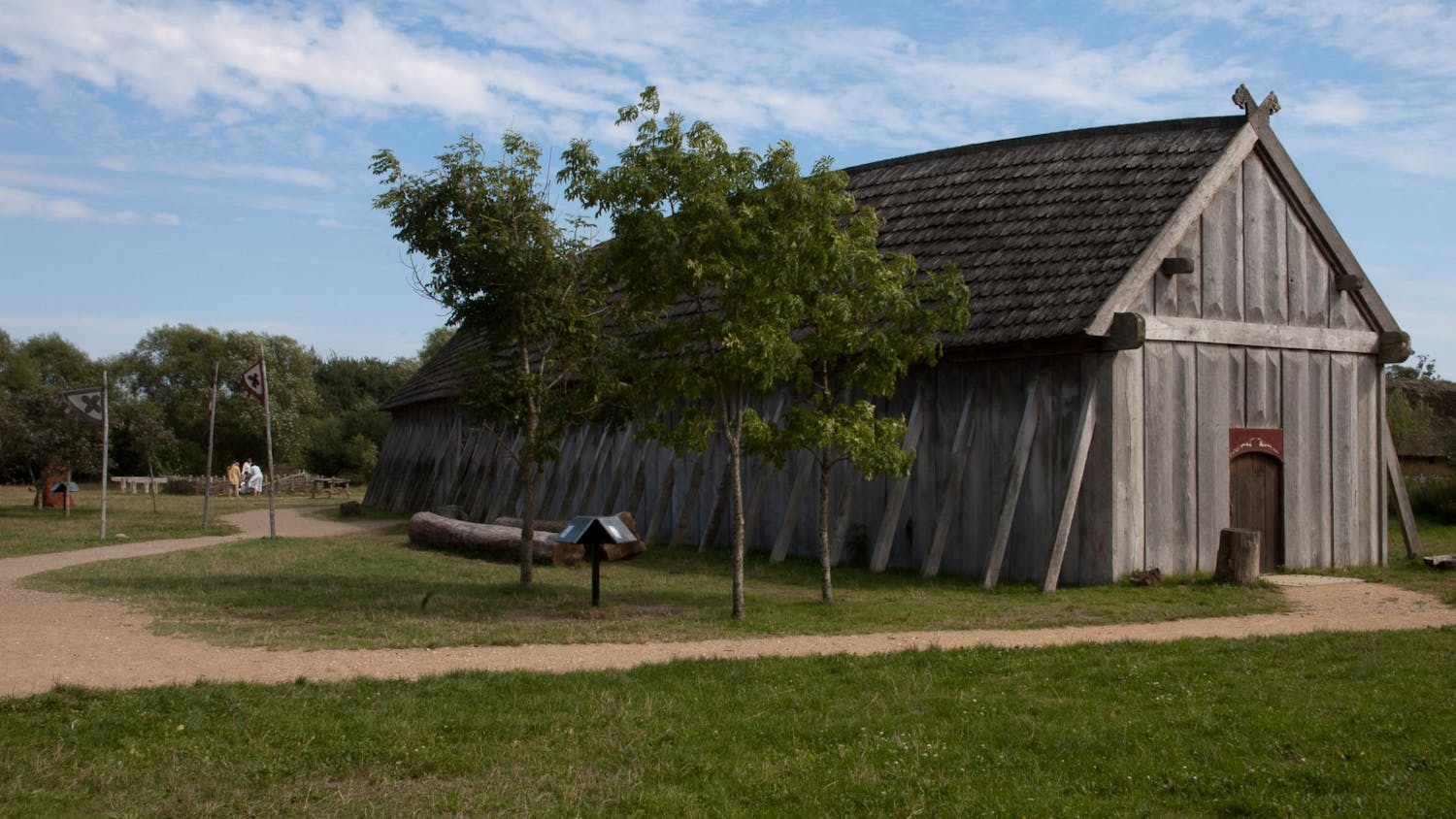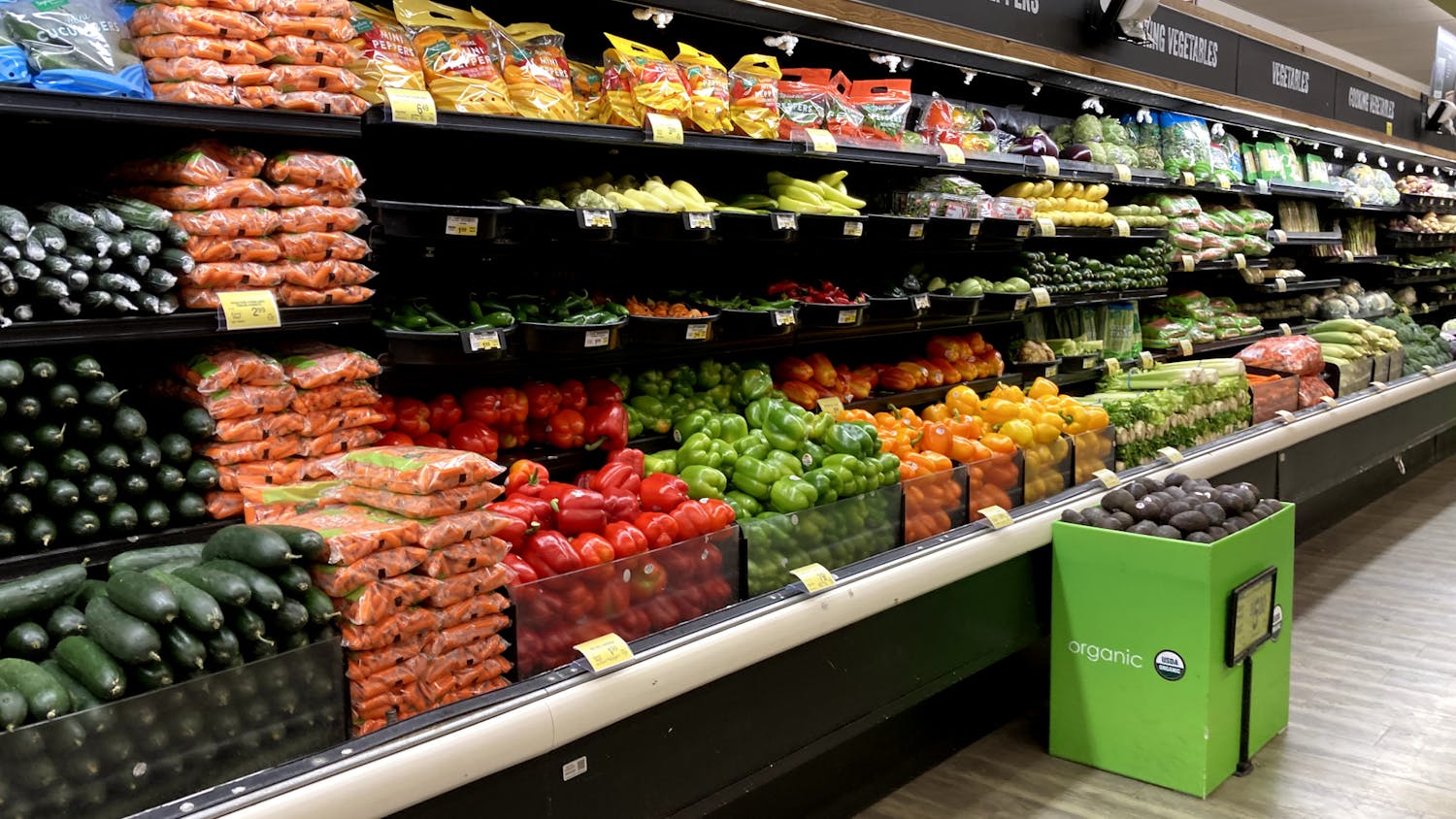Although the Washington State Legislator approved far more funding for Western Washington University than expected, revenues from enrollment are down and housing and dining are facing financial shortfalls as well.
Last summer, the Washington State Legislature instructed Western to propose a state budget with 15% less funding from the state, which would have resulted in furloughs for nonessential staff, according to Western’s Executive Director of Budget and Planning Faye Gallant. But, those cuts did not happen and Western will receive the full amount it did in the last budget by next year, Gallant said.
“Some funding is delayed a year, but it hasn’t been cut otherwise, so that’s far, far more positive than we could have hoped,” Gallant said.
The $943,000 that was delayed until next year will delay faculty and staff compensation increases for cost of living, but it will not affect the provision of services to students and staff, Gallant said.
“We knew that that funding was in question, so we held off on the increases,” Gallant said.
One surprise for the university was the investments in new programs and facilities at Western, Gallant said.
“The state also provided new funding for some initiatives at Western that are top priorities; that’s also better than we would have hoped last summer for sure, to not only have any real cuts but also see investments,” Gallant said.
These investments include $51 million for the new Electrical Engineering and Computer Science Building, $4.5 million towards a Coast Salish-style Longhouse for Native American students, over $1 million every two years for an Ethnic Student Studies program, and more, according to Western Today.
Although the state did not make any cuts, besides a one-year delay in funding that will even out during the 2021-23 biennium, Western has seen a decline in tuition revenue since the pandemic started, according to Gallant. About 50% of Western’s operating budget comes from this revenue stream, Gallant said.
Between spring quarter 2020 and now, Western has seen a 6.6% decline in enrollment, according to Western’s director of University Communications Paul Cocke in an email.
“That difference is impacted not only by the pandemic but by the balance of new students coming into Western each quarter and by students graduating each quarter,” Cocke said. “The pandemic has certainly injured Western’s recruitment and retention of students.”
One of the students that decided to put her education on hold, is former English major Izabella Mathias. She said that her reason for doing so was because of her strong preference for an in-person format.
“I have ADHD, so doing classes online has been kind of a curse,” Mathias said.
Mathias said that she also misses the social aspect of being in person.
“I really miss running into people that I wasn’t super close with, it was super nice to have that variety,” Mathias said. “It really makes you realize how many people in the world know you.”
In-person office hours with professors and doing schoolwork on campus also added a lot of value to her education, Mathias said.
“I used to go to my professor’s office a lot and do homework in the library until they closed,” Mathias said.
Financial considerations played a large role in former out-of-state student and small business owner Noah Rawlings’ decision to put his education at Western on hold while the bulk of classes are online.
“I did not want to take out loans and pay all that money to do [general requirement] classes on my computer,” said Rawlings in a text message. “It also sparked an interest in looking to other pathways of interest such as picking up a trade or something along the lines of those matters.”
Lower enrollment and the resulting declines in tuition revenue has been a reality for many colleges and universities during the pandemic, according to Megan Schneider, the National Association of College and University Business Affairs Senior Director of Government Affairs.
“A lot of students don’t necessarily want to be in all-online classes, and a lot of students are deciding to take gap years as a way to sort of avoid that,” Schneider said. “And of course, I don’t think we can discount the fact that money has been a real issue for a lot of people, a lot of people during the pandemic have had very real financial impacts they’re struggling with.”
Western is making up for drops in tuition revenue through federal funding available through the CARES Act, Gallant said.
Less students on campus has also been contributing to large revenue drops for housing and dining, which are separate from the budget because they’re set up to pay for themselves, according to Gallant. Although they did not provide specific numbers, these losses are in the millions of dollars, Gallant said.
Dining is planning on recouping their losses as dining locations and shops reopen on campus, according to Jennifer McLaughlin, the district controller for Aramark Higher Education.
“We plan to open as many locations as possible in the fall, scaling up some of the smaller locations as the needs of our students increase on campus,” said McLaughlin in an email.
Housing has had to delay renovation and maintenance projects and delay payments on its bonds for a year, which will result in higher payments down the road, according to the Communications Consultant of University Residences Liam Carey-Eaves.
“Housing and dining is definitely up there for most four-year-institutions as one of the areas where they’ve lost most money,” Schneider said.
The Higher Education Emergency Relief Fund, created in the CARES Act and renewed in the American Rescue Plan Act, makes money available to struggling housing and dining services at colleges, according to Schneider.
“It’s really at this point just about trying to stay as financially secure as possible while supporting students who probably have greater needs than they might in other years,” Schneider said. “It’s definitely a difficult time.”
Jacob O’Donnellis a junior majoring in environmental policy and public relations. He is currently a campus news reporter for The Front and typically writes about issues related to the environment and social justice. He can be reached at jacobodonnell.thefront@gmail.com.






